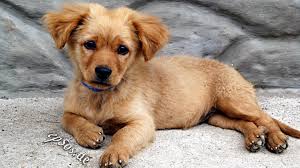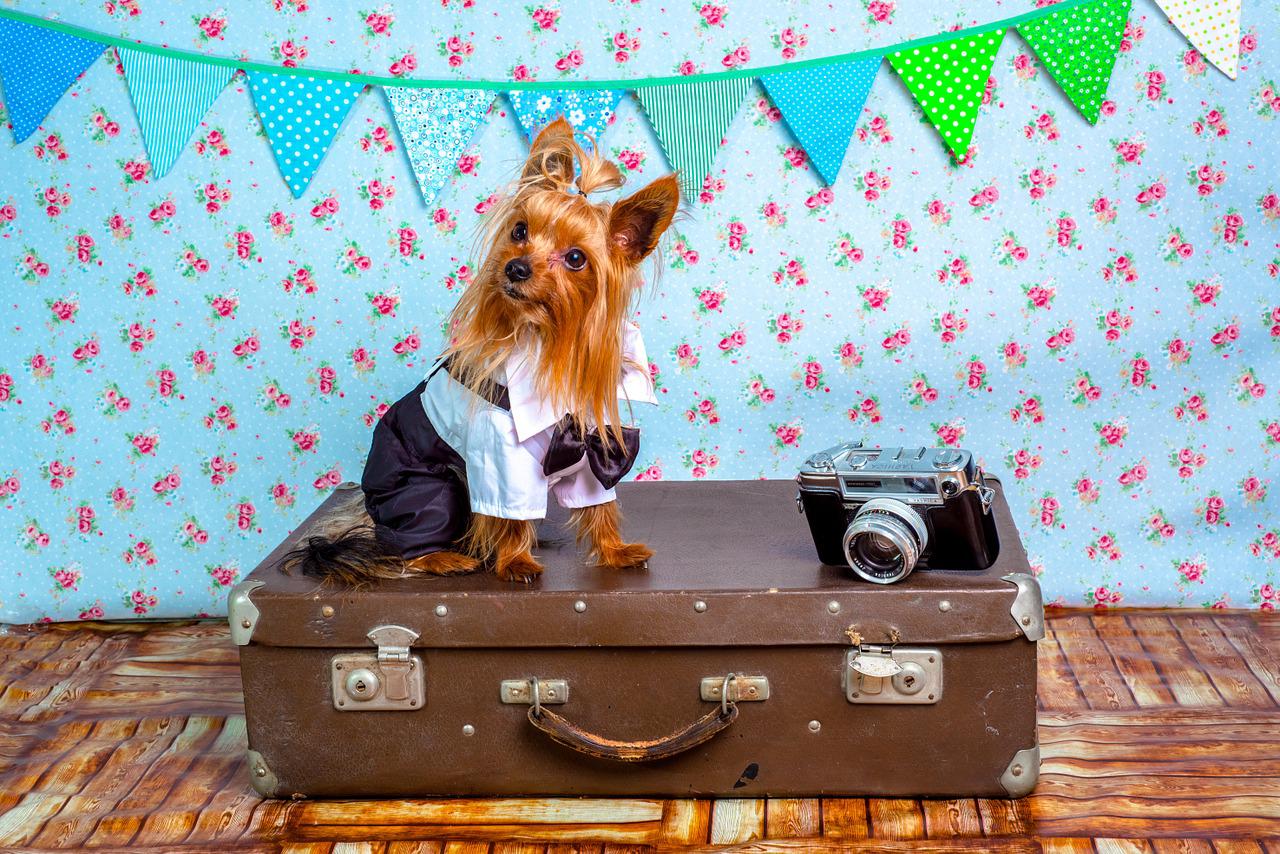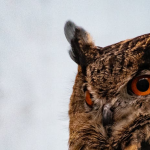Choosing the Right Dog for Your Family
If you’re considering getting a dog, chances are, you’re spending time deciding how to choose a dog for your family and which type of dog would be best. All too often, people base this decision purely on how a dog looks. They’ll have preferences regarding appearance and will let this guide their decision. For example, someone might choose a Miniature Poodle because the breed is particularly cute and cloud-like, or a Great Dane because the dog looks majestic and impressive. But it’s absolutely essential that you do not choose a dog in this way. Different breeds have been selectively bred over centuries to instill particular characteristics, traits and habits into different types of dog. This results in different breeds having significantly different needs, some more obvious than others. Here’s a short guide that will teach you how to choose a dog that is right for you and your family.
Dog Attributes to Consider
Size
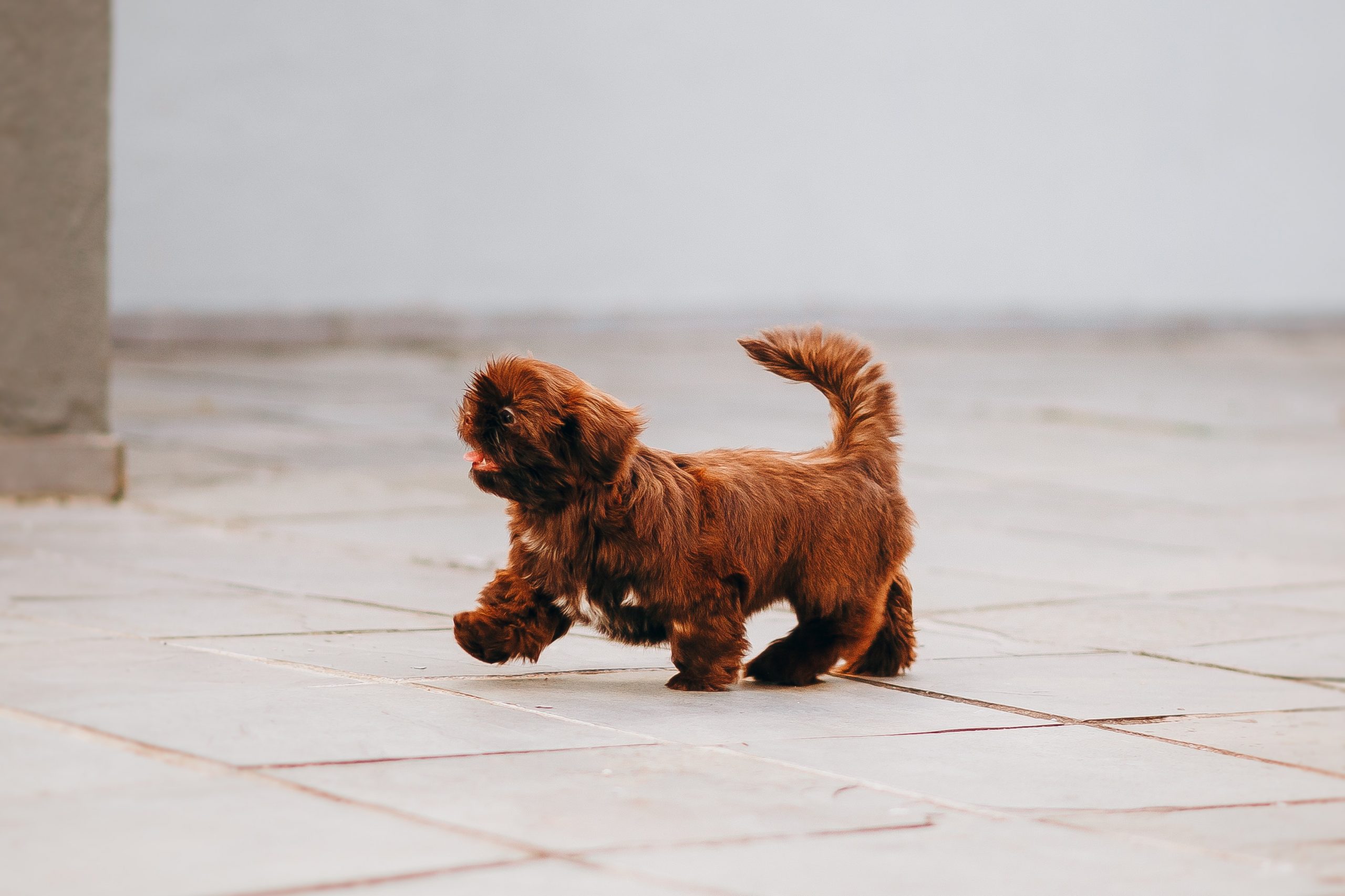
First, let’s consider size. Dogs come in all sorts of sizes, from the tiny Chihuahua to giant breeds like Great Danes, Irish Wolfhounds and Bernese Mountain Dogs. You need to be realistic when choosing the size of dog you’re able to take on. Larger dogs tend need more living space to manoeuver around, including more outdoor space to stretch their legs in. A giant breed isn’t going to be comfortable or well looked after in a studio apartment. You should also consider being able to drive your dog around. Will your vehicle have sufficient space if you need to take your dog to the vets? Finally, you need to consider size in terms of being able to handle your dog. If you’re a smaller person, a giant breed may be difficult for you to safely walk and control, or get to the vets if they experience injury or sickness that prevents them from walking themselves.
Cost
Another factor to consider is cost. You need to make sure that you can afford the dog you’re considering. This goes way beyond the initial cost of buying the dog themselves. Larger dogs tend to come with bigger costs in general. Bigger veterinary bills when they receive treatment. Bigger food bills in order to feed them a sufficient diet. Bigger price tags attached to bedding, harnesses, cool mats and more. Make sure you can afford to meet all of your dog’s needs before choosing them. You should also consider grooming costs. Dogs with curly hair, longer fur or other complex coats will need regular, professional grooming. This could include breeds like the Bichon Frise, Labradoodles, Samoids and the Havanese dog breed.
Character
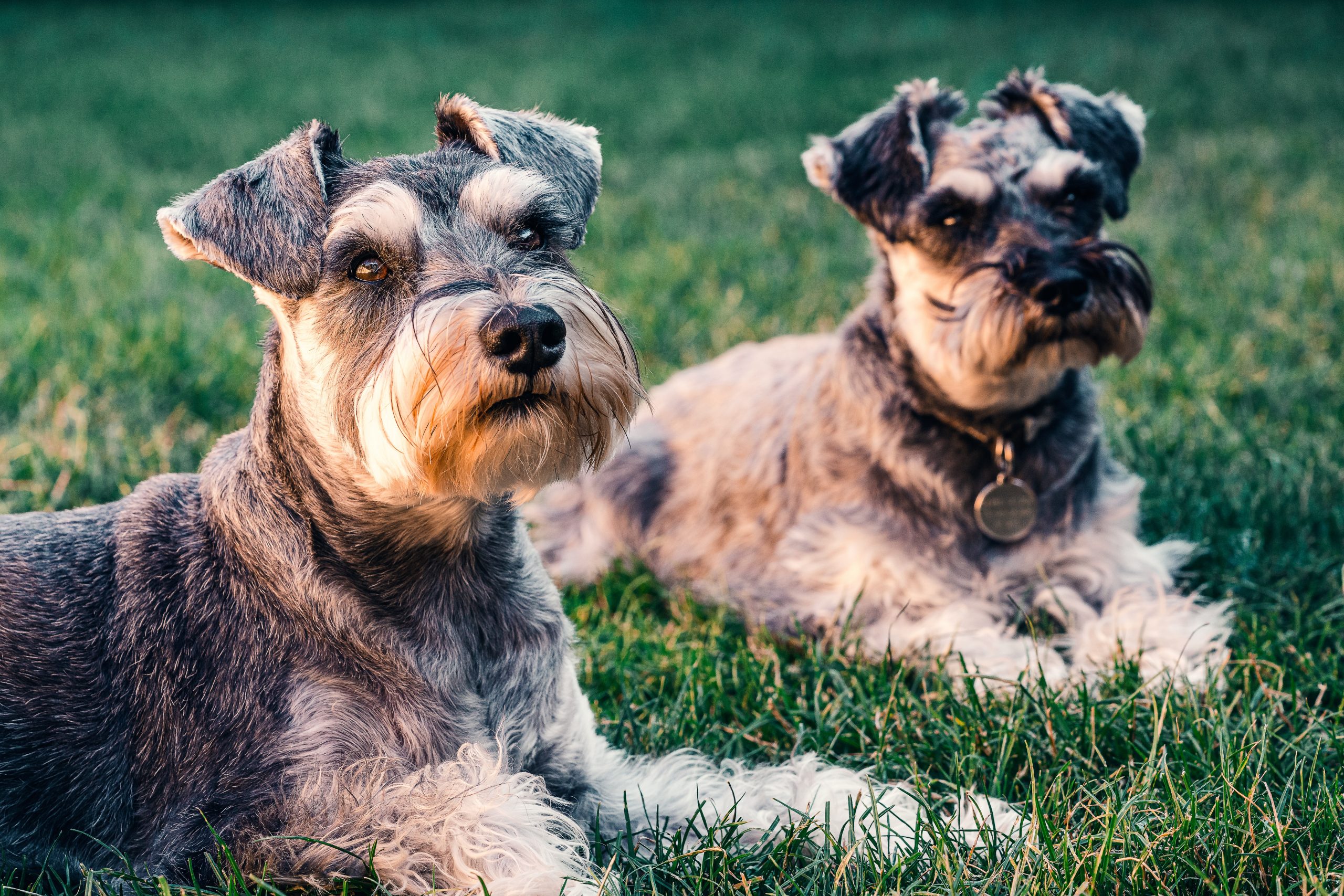
As we briefly noted before, different dogs have been bred to serve different purposes and can consequently have different characters. Sure, each pooch will have their individual personality, but there are common traits in many breeds. The Bichon Frise is bred as a companion dog, so can experience separation anxiety if you leave them home alone during the entire working day. Working dogs like Border Collies need a lot of entertainment, exercise and distraction, so can display negative behaviour in terms of chewing things through boredom if not entertained sufficiently. Huskies tend to be one-person dogs, so can show defensive behaviour around individuals with partners or children. Really look into every breed to make sure it suits your needs and lifestyle.
These are just a few considerations when choosing a dog. There are countless more that you should look into. But hopefully, those outlined above will help to get the ball rolling.

